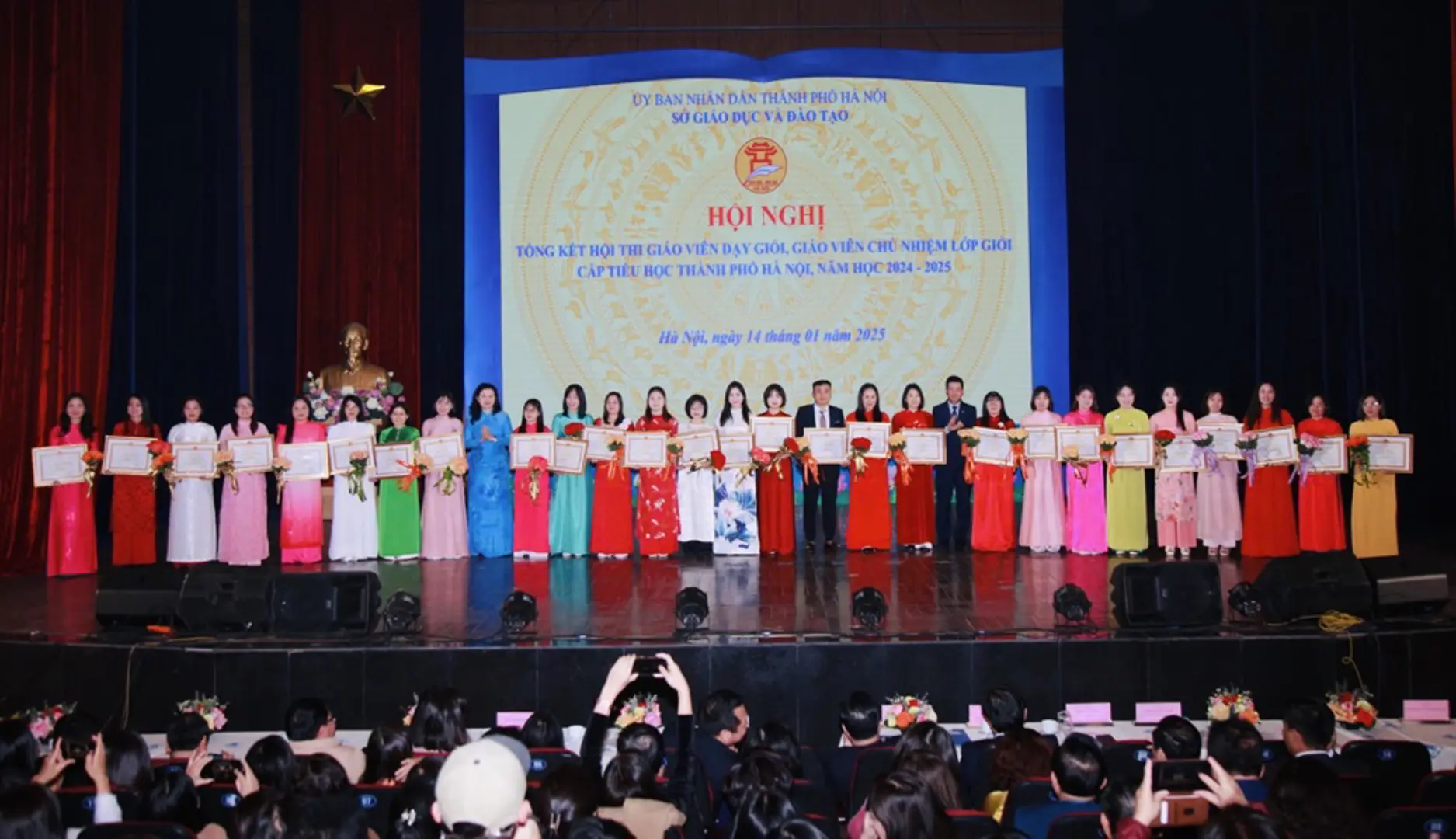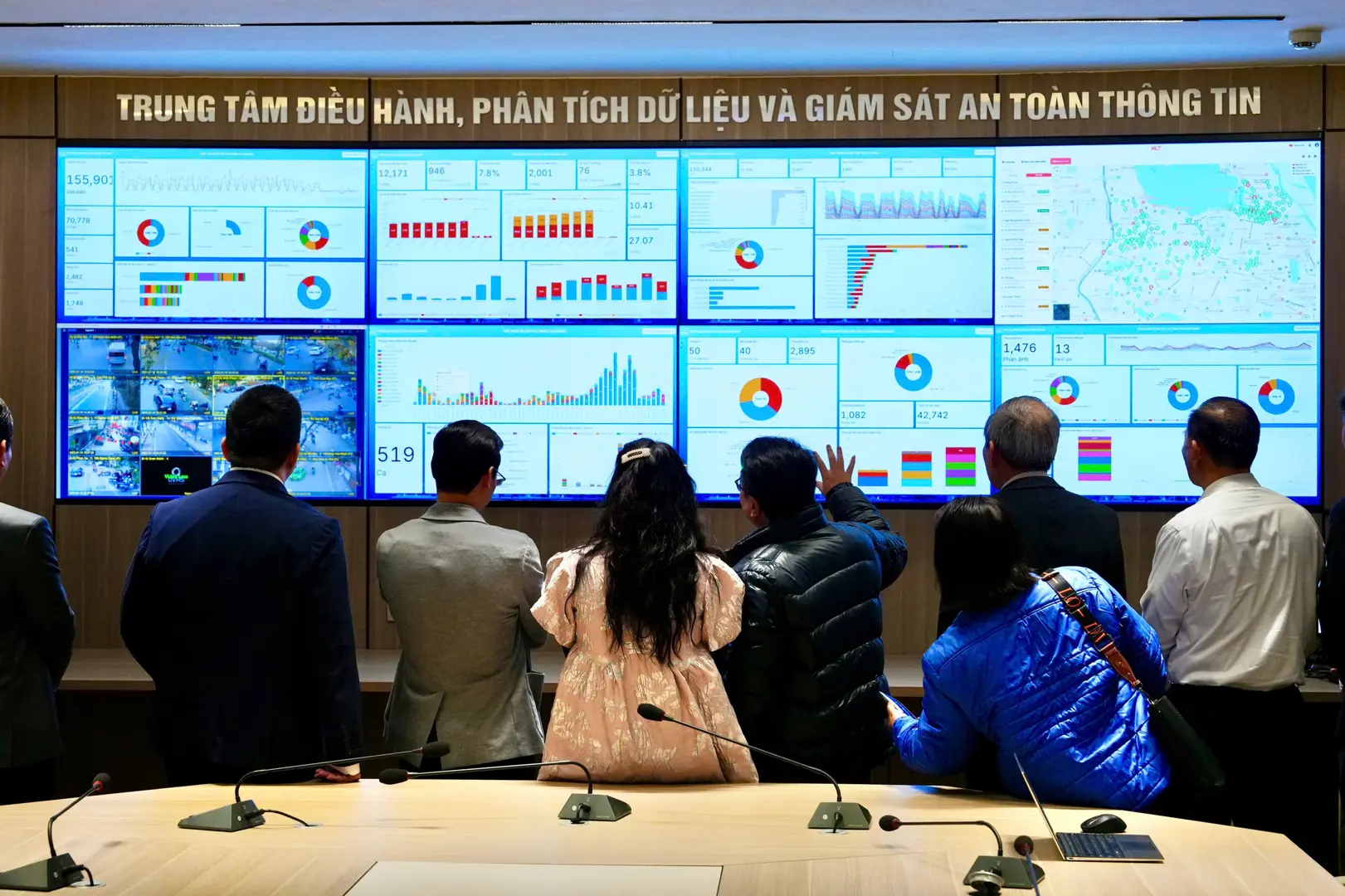Thursday, 06:21 18/07/2019
Time is running out for Vietnam to clamp down wildlife trafficking, int’l NGO says
Vietnam is said it failed to respond in an appropriate manner against illegal wildlife trade.
Rapid proliferation of organized wildlife trafficking networks has seen in and out Vietnam and the country needs to take action against illegal trade of wild animals, said London-based Environmental Investigation Agency (EIA).

Wild animals
|
Though fast becoming a global hub for illegal wildlife trade, Vietnam’s response to global wildlife trade remains inadequate and it requires an appropriate manner, according to the international non-governmental organization which investigates and campaigns against environmental crime and abuse.
While the government of Vietnam has made some progress in fighting environmental crime, including amending the Penal Code to increase penalties for organized wildlife trafficking, it’s simply not enough and concerns remain about the adequate implementation of these measures, EIA said in a recently-released report.
The report showed that based on publicly available seizure data, Vietnam is implicated in over 600 seizures linked to illegal trade – this includes a minimum of 105.72 tons of ivory, equivalent to an estimated 15,779 dead elephants; 1.69 tons of horn estimated to be sourced from up to 610 rhinos; the skins, bones and other products sourced from a minimum of 228 tigers; and the bodies and scales of 65,510 pangolins.
Vietnam is a destination market for wildlife products and it also serves as an important transit hub for illegal wildlife trade into China.
Ahead of the 18th meeting of the Conference of the Parties (CoP18) to the Convention on International Trade in Endangered Species (CITES) in Geneva, Switzerland on August 17-28, the EIA makes a number of recommendations to the government of Vietnam.
The measures include (i) conducting follow-up investigations on major wildlife seizures to disrupt the criminal networks involved; (ii) improving methods of detection and implementing anti-corruption measures at key entry and exit points along known wildlife trafficking routes; and (iii) using financial investigations and other specialized techniques to prosecute offences associated with wildlife crime such as fraud, corruption, bribery and tax evasion.
Significant efforts with international support

Vietnam's authorities seize pagolins illegally traded. Photo: VNS
|
Being a hotspot for wildlife trafficking and consumption since the late 80s, Vietnam has struggled to combat wildlife crime thanks to significant support from different international organizations.
The United States Agency for International Development (USAID) has extended its support to the fight against wildlife trading. Its latest move was the launch of a US$10-million project cooperating with the Vietnamese Ministry of Agriculture and Rural Development (MARD) in May 2018.
The project aims to support Vietnam in improving the legal framework, strengthening and improving law enforcement and prosecution of wildlife crime and reducing consumer demand for illegal wildlife products in the country.
The United Nations Office on Drugs and Crime (UNODC) in consultation with the partners of the International Consortium on Combating Wildlife Crime (ICCWC), including CITES Secretariat, INTERPOL, World Bank, and World Customs Organization in 2015 made a report named the Wildlife and Forest Crime Analytic Toolkit which is the result of an analysis. It was a government-led process, carried out with the participation of relevant stakeholder agencies across the country.
Meanwhile, the UK Embassy, a key diplomatic partner in the effort to combat wildlife crime, hosted the “Inspire Me Festival” in Hanoi in November 2018 helped raise people’s awareness of protecting wild animals.
Non-governmental organizations namely TRAFFIC – a leading non-governmental organization working globally on trade in wild animals and plants, and the Management Authority of CITES (the Convention on International Trade in Endangered Species of Wild Fauna and Flora) have given great support to help Vietnam make progress in fights against wildlife trafficking.
As a result, Vietnam is one of the countries committed to fighting against illegal wildlife trade. Wildlife protection becomes stronger under regulations outlined in the amended Penal Code. Under which, hunting, catching, killing, rearing, caging, transporting and trading wild animals is a crime.























